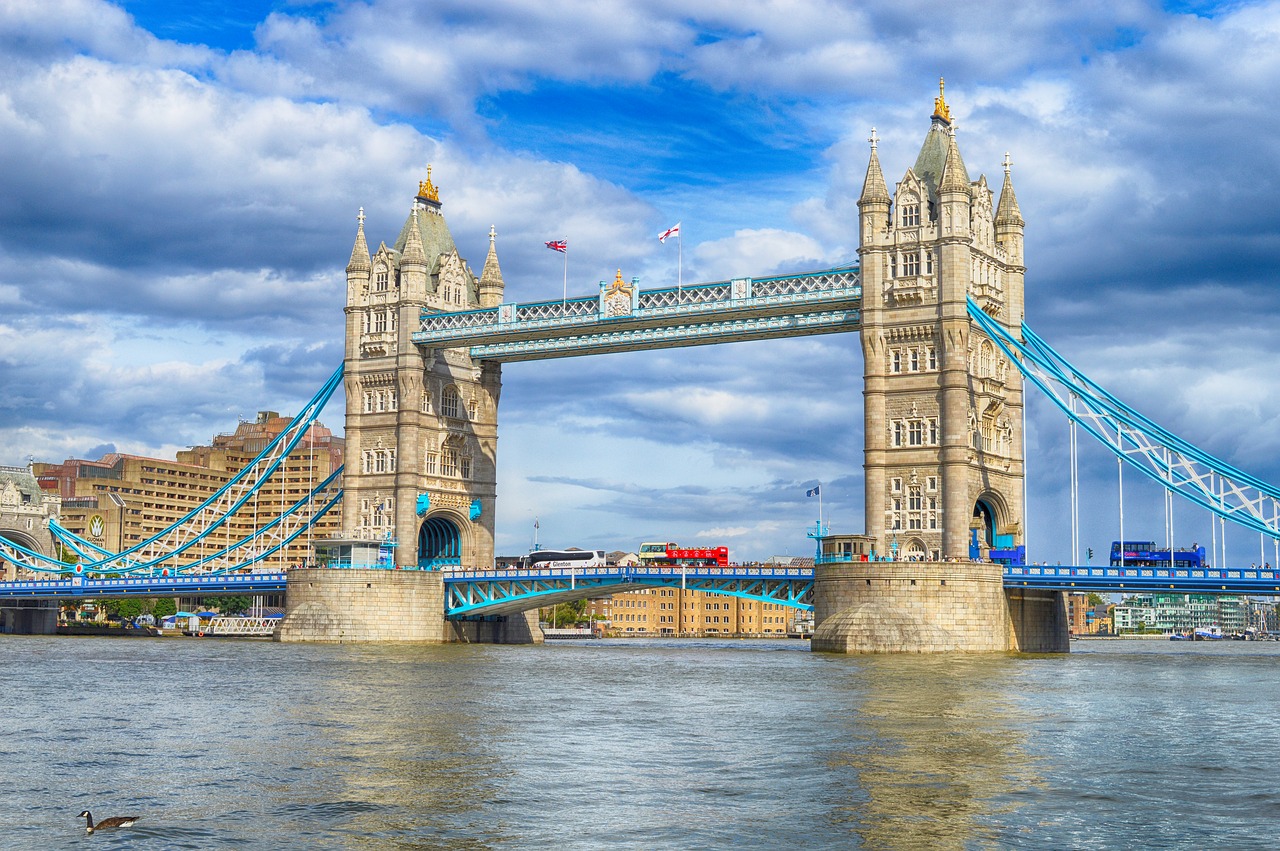
So, you’ve made up your mind – you’re ready to make the move to the big smoke. Whether you’re heading to London from overseas, from another city or from the quiet English countryside, making the move for the first time can be an exciting experience that brings a wealth of opportunity. That being said, all the hustle and bustle of the built-up, densely populated streets may also lead you to question just how easy it is to live sustainably in the city.
But sticking to a green lifestyle in London might be easier than you think. In fact, living in the city could provide you with more green living options, in terms of transportation and the products you buy, compared to other suburban or even rural areas of the UK. This guide will provide some handy tips on how you can maintain your green living habits once you’ve made the big move.
Be Energy-Efficient at Home
A key factor to keep an eye on when you’re looking to live sustainably in the city is the amount of energy you’re using at home. Getting into good habits in terms of switching off lighting, heating and appliances when it isn’t essential to have them running is a great first step, but it’s also important to be aware of exactly how much energy your household uses, as well as highlighting the areas where you might be able to make cutbacks. Conducting an EPC inspection of your new property before you move in will provide you with a detailed breakdown of the property’s energy efficiency, which can help you choose the best options for your household as well as for the environment.
Another way to keep an eye on your energy usage at home is to use your smart meter, provided by most UK energy providers. Smart meters allow you to keep track of your household energy use on a daily basis, so you can compare your recent consumption with previous weeks and make a conscious effort to use less.
Choose a Renewable Energy Provider
When choosing an energy provider for your new property, consider opting for companies that offer green energy tariffs. Providers use green tariffs to promote sustainable energy consumption by donating the equivalent of your household’s usage back to the national grid in the form of renewable energy.
Some of the best renewable energy providers in the UK include:
- Green Energy UK
- Bulb
- Octopus Energy
- Npower
- Ecotricity
Travel Green
Travelling around the city doesn’t have to mean adding to the air pollution caused by the seemingly endless stream of public and private transport on the roads in London. Consider ditching your car for more environmentally friendly options such as walking or cycling. When travelling slightly longer distances for work every day, be prepared to make compromises such as walking or cycling an achievable distance and then using public transport sparingly to complete the trip. Using a folding bike, which are convenient for handheld carrying on public transport, to complete your journey is a great way to reduce the carbon footprint of your daily commute.
Committing to cycling greater distances will go a step further towards reducing your carbon footprint. Consider taking advantage of the UK government’s Cycle to Work scheme, in which employers are given a financial incentive for subsidising employees to purchase discounted bikes and cycling equipment. Another option for cycling in London is to hire a Santander Cycle, which cost just £2 for 30 minutes of cycling in a 24-hour period and can be hired and conveniently returned at any one of around 750 docking stations across the city.
Shop Sustainably
In terms of the products that you buy, London has a plethora of ethical alternatives to high street retailers and supermarkets, which will allow you to limit the impact that your shopping has on the environment. Consider shopping for clothing and housewares from independent, ethically minded businesses instead of the mass-produced high street brands, which will likely have a much bigger carbon footprint.
For your food shopping, consider visiting farmers’ markets for ethically sourced fresh produce and zero waste stores for longer-life products such as pasta, rice and spices. You could also sign up to one of many ‘veg box’ schemes now offered by various UK suppliers, in which fresh, organic fruit and vegetables are delivered straight to your door each week. It is, of course, important to do your research into such businesses to ensure that the products that you’re buying are sourced and delivered with a minimum environmental impact.
You might also think about growing your own fruit and vegetables at home, on your balcony or windowsill, or in your garden or allotment. Growing your own produce is without a doubt the most sustainable way to source your food as it creates zero carbon emissions – and you might find that the process is good fun too!
Sources:
- ‘Covering the whole of London’, EPC For You, https://www.epcforyou.co.uk/location/epc-london/
- ‘60 simple sustainability tips to make your home, garden and life better’, Country Living, https://www.google.co.uk/amp/s/www.countrylife.co.uk/property/guides-advice/60-simple-sustainability-tips-make-home-garden-life-better-198737/amp
- ‘Santander Cycles - How it works’, Transport For London, https://tfl.gov.uk/modes/cycling/santander-cycles/how-it-works
- ‘Switching your energy supplier’, Energy Saving Trust, https://energysavingtrust.org.uk/advice/switching-your-energy-supplier/#:~:text=A%20green%20tariff%20means%20that,tariffs%20are%20also%20nuclear%2Dfree
You may also like
Easy Green Choices That Contribute to Sustainability
Can Eco-Friendly Beauty Give You The Results You Crave?
A Guide to Blue Beauty: How to Make Your Beauty Routine Ocean-Friendly
